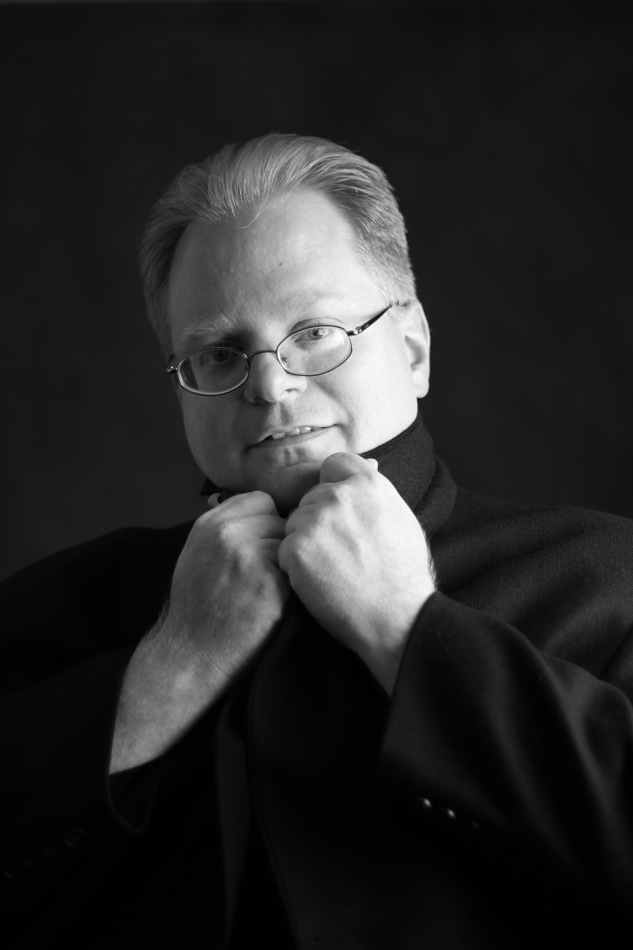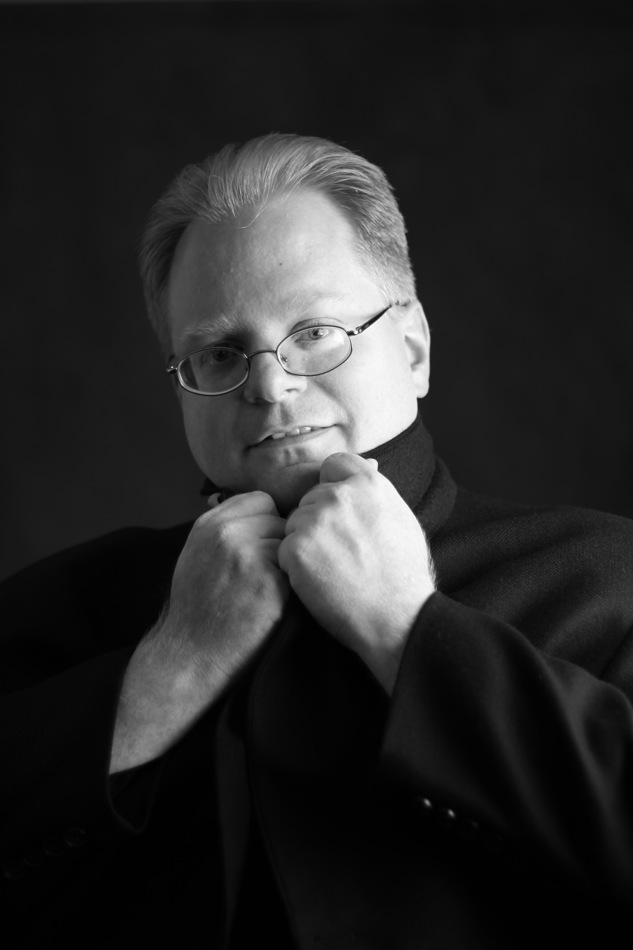Muse's Market
In April and early May the multimedia production Muse's Market toured the Western United States, bringing together a combination of live music, art, performance poetry, and philosophy to address the topic of sustainability.
Jump to navigation Skip to content
In April and early May the multimedia production Muse's Market toured the Western United States, bringing together a combination of live music, art, performance poetry, and philosophy to address the topic of sustainability.
Poet Collin Kelley, curator of the Poetry Atlanta reading series, gives a shout-out to Atlanta/Decatur R/W-sponsored presenters of literary events.
At this writing, nearly fifty organizations have applied for funding in the Atlanta/Decatur area. To close out my time as the inaugural R/W blogger, I want to name those organizations. Whether you’re reading in Atlanta or one of the other cities eligible for P&W funding, you’ll see just how diverse this list of grantees is, and if you are a presenter/curator of literary events, the time to apply for funding is now.

Atlanta/Decatur grantees: Academy Theatre, AJC-Decatur Book Festival, Atlanta Queer Literary Festival, Atlanta Vet Center, Below the Radar, Black on Black Rhyme, BreakinIce, Callanwolde Fine Arts Center, The Chattahoochee Review, Charis Books and More, Chris Kids, Inc., Clark Atlanta University, Composition Gallery, Duck & Herring Co., E- Period, Epiphany Services, FFX Free Forum Xchange, Finding Eve Café, Five Points, galerieMC, Georgia Poetry Society, Georgia Writers Association, Georgia State University Creative Writing Program, Hammonds House Art Galleries, Holiday Theatre Festival, Indie, Java Monkey Coffee House, Just Queen Productions, LaGender, Inc., Lasnyte Entertainment, Louise Runyon Performance Company, Mercer University, MJ of Poetry Entertainment, Natural Reignz, Inc., Oglethorpe University, One Mic Entertainment, Organized Rhyme, Poetry at Tech, Poetry Atlanta, Inc., Shambhala Meditation Center of Atlanta, Spelman College, The Ace of Spades, Inc., Three on Third, Verbal Slick, Working Title Playwrights, Inc., and Yesterday's Girl.
P&W’s fiscal year runs July 1 to June 30. In some cases, the available funds for your city might have already been tapped out, but July will be here before you know it. Apply now if you have an event coming up in 2011/2012. The application takes ten minutes to complete and can be faxed or e-mailed to P&W – it doesn’t get any simpler than that.
Support for Readings/Workshops events in Atlanta is provided by an endowment established with generous contributions from Poets & Writers Board of Directors and others. Additional support comes from the Friends of Poets & Writers.
Choose a sentence from a newspaper whose meaning gets larger and stranger when taken out of context. Use it as the first line of a poem. If you get stuck partway into the poem, try repeating just part of the line and vary how you complete the rest of the sentence, changing the meaning and music of the line each time. When you have a draft you like, try moving the full sentence to the end of the poem, or somewhere to the middle, or maybe take it out entirely. Stir, and see what happens.
This week's poetry prompt comes from Idra Novey whose debut collection The Next Country received the Kinereth Gensler Award from Alice James Books and was included in Virginia Quarterly Review's list of Best Poetry Books of 2008. She teaches in the School of the Arts at Columbia University.
We asked SPLAB project director Paul Nelson to update us on Poets & Writers-sponsored author Nathaniel Mackey who recently gave a reading and hosted a workshop in Seattle.
The SPLAB Visiting Poet Series welcomed Nathaniel Mackey to Seattle March 11 and 12, 2011. This event set a new high water mark for SPLAB.
The prose reading on Friday night at the Northwest African American Museum was Mackey’s first Seattle reading in seventeen years. He read from his novel From a Broken Bottle Traces of Perfume Still Emanate. Letters from N to a mysterious figure known as the Angel of Dust relate the experiences of a jazz band in Los Angeles in the late seventies/early eighties. Jeanne Heuving of the University of Washington, Bothell interviewed Mackey, and a Q & A followed, fully engaging the audience.
Mackey also led a workshop at SPLAB on Saturday, during which he suggested we consider “incident versus narrative” and said he was interested in the “vivification of incident,” as well as consideration of the “sound/sense ratio” of poems. His grace and warm presence allowed for intensity, and his insights, often delivered at the end of each poet’s feedback, were very incisive.
Saturday night's reading included work from Splay Anthem, Nod House, and new work from an as-yet-untitled collection. The two threads of his ongoing serial poem, Mu and Song of the Andoumboulou, continued into these last two as-yet-unpublished works. The Andoumboulou, as Mackey points out in Splay Anthem, are “rough draft human beings” from the Dogon culture of West Africa. Lines such as “each the other’s increment” and “star wobble gave us away” give one a sense of Mackey’s reach, from the indigenous and intimate to the galactic.
The visit leveraged contributions from local and regional arts funding agencies, new partnerships, as well as community contributions of lodging and meals. The first grant, from Poets & Writers, acted as catalyst for the rest of the contributions.
Photo: Nathaniel Mackey. Credit: Meredith Nelson
Support for Readings/Workshops events in Seattle is provided by an endowment established with generous contributions from the Poets & Writers Board of Directors and others. Additional support comes from the Friends of Poets & Writers.
Three Percent, the University of Rochester's international literature program, announced late last week the winners of the five-thousand-dollar Best Translated Book Awards in poetry and fiction. Brian Henry's translation of Slovenian poet Aleš Šteger's collection The Book of Things (BOA Editions) won in poetry and Thomas Teal was honored in fiction for his translation from the Swedish of late Finnish author Tove Jansson's novel The True Deceiver (New York Review Books).
Thirty-seven-year-old Šteger is the author of three other volumes of poetry, but The Book of Things is his first to be translated into English. Poetry judge Kevin Prufer said of Šteger, "His objects reflect our own strange complexities—our eagerness to consume, our rationalizations and kindness. Our many cruelties and our grandiosities." Prufer was joined on the jury by Brandon Holmquest, Jennifer Kronovet, Erica Mena, and Idra Novey.
Jansson, perhaps best known for her Moomins, a cast of fantastical characters she created over a half-century through comic strips and children's books, began writing for adults in later life. Among her novels translated into English are The Summer Book and Fair Play, published by New York Review Books. Jansson died in 2001.
The fiction panel, comprised of Monica Carter, Scott Esposito, Susan Harris, Annie Janusch, Matthew Jakubowski, Brandon Kennedy, Bill Marx, Michael Orthofer, and Jeff Waxman said of Jansson's winning book, "Subtle, engaging and disquieting, The True Deceiver is a masterful study in opposition and confrontation."
The awards were announced at New York City's Bowery Poetry Club in conjunction with the PEN World Voices Festival, which closed last Sunday.
To get a sense of Jansson's sources of inspiration, check out the video below, which offers a tour of the author's longtime summer home on an idyllic shoreline near Helsinki.
Follow Virgil Biggs as he tries to promote his new poetry collection, Bigg Olive, which was inspired by the local Target Superstore, among other things, in this humorous video.

P&W-SPONSORED WRITER: Collin Kelley
Poet Collin Kelley, author of Slow to Burn scheduled for re-release in July, blogs about his experience as a longtime R/W-sponsored writer.
My chapbook, Slow To Burn, launched in 2006 at the dearly missed galerieMC, owned and curated by my friend Marscha Cavaliere. With its gleaming floor, wall of windows and beautiful photography, galerieMC was a hip, central place to hold the first reading for Slow To Burn.
Forty people showed up on the afternoon of the event (not a bad turnout), but at the time I was very disappointed. I had been spoiled by the more than 150 people who turned out for the release of my first collection, Better To Travel, back in 2003 during the Atlanta Festival of the Book. I’ve grown wiser and more realistic over the past five years. If I get twenty-five people out to an event, I’m thrilled.
On any given day, a poetry reading is competing with four or five other events, soccer practice, traffic, weather, exhaustion. With entertainment now a click away on YouTube and poetry available for purchase at Amazon or to be read for free on dozens of online literary journals, live readings and signings are almost an anomaly. With Kindles and iPads, printed books are going the way of vinyl records.
There is still a place for readings and workshops, for human interaction with literature. Even if only four or five people show up, there is a rare opportunity to share knowledge, and communicate on a personal level. Use social media to build your audience, but don’t forget that face-to-face contact still has currency. All the Facebook fan pages, tweets on Twitter, and YouTube videos in the world can’t replace hearing an author perform their work live.
Support for Readings/Workshops events in Atlanta is provided by an endowment established with generous contributions from Poets & Writers Board of Directors and others. Additional support comes from the Friends of Poets & Writers.
Think back to yourself ten years ago—where you lived, what your preoccupations were, who your relationships were with, who you were. Write a letter in the form of a poem to yourself then from yourself now.
This September Bread Loaf Writers’ Conference will expand its workshop from the historic Bread Loaf Inn in Middlebury, Vermont, to the Italian island of Sicily, with a condensed program of classes in poetry, fiction, and creative nonfiction.